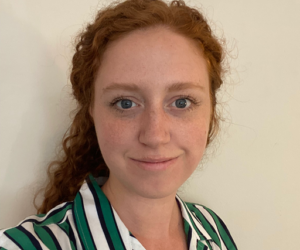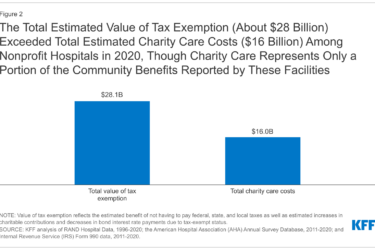
AHCJ New York members gained a unique look this week into how journalist, author, and businessman Steven Brill researched and compiled his now-infamous 36-page Time Magazine article “Bitter Pill: Why Medical Bills Are Killing Us.” The article took a hard look at the costs of hospital care in the United States – from the $70 box of gauze pads to a $50,000 up-front payment demand by one top cancer facility before doctors there would even evaluate a terminally ill patient.
That March 4 opus added fuel to an already contentious debate about the skyrocketing cost of U.S. health care. Brill emphasized the huge price discrepancies between what it costs hospitals and what they charge Medicare, private insurers, and direct-billed patients for identical care. “It was really a question of just doing some math,” he said.
Brill detailed his efforts to get satisfactory explanations from hospital CEOs about their multimillion dollar salaries while someone who had no health insurance was paying perhaps hundreds of dollars for a product that could be purchased in a local drugstore for pocket change. He explained how he obtained copies of actual hospital bills – for hundreds of thousand of dollars in some cases – and how he tracked down and analyzed the price differentials charged to public, private and non-insured patients.
“The media was full of reports about the high cost of health care,” Brill said. “What no one was asking was why it was so high in the first place?” So he decided to take an in-depth look at actual bills sent to several patients around the country.
“I was amazed at the costs, which seemed to have no rationale behind them,” he said. “And I was disturbed to learn just how high the hospital profit margins are for basics like Tylenol and bandages, let alone screening tests like CT scans.”
Worse, Brill said, was that an examination of 990 forms revealed the exorbitant CEO salaries at many teaching hospitals – often several times more than the president of the university they were affiliated with. It took Brill weeks, or sometimes months, to get on-the-record comments from institution executives.
“I had the bills, so they couldn’t dispute the facts,” he said. He reminded the audience that “no comment” does not mean “no access.” Eventually several hospital executives did speak with Brill – reluctantly – to rationalize their paychecks. As he wrote in the article, they could not explain why “a trip to the emergency room for chest pains that turn out to be indigestion bring a bill that can exceed the cost of a semester of college? What makes a single dose of even the most wonderful wonder drug cost thousands of dollars? Why does simple lab work done during a few days in a hospital cost more than a car? And what is so different about the medical ecosystem that causes technology advances to drive bills up instead of down? “
He told members that while it’s good that more people will have health insurance under Health Policy, the Affordable Care Act is missing the point because it doesn’t address these high costs and profit margins. While Medicare pays less than private insurance, and private insurers pay many times less than direct-billed patients do for the same chargemaster items, information must be made more transparent.
“Our job is to report it,” he said. “The public must see it and demand change. If these costs are not curtailed, they’re only going to keep rising.” He would like to see more reporting on the connection between lobbying and policy, especially on the money going to Congress to enact legislation favorable to drug companies and hospitals. The public has to get “pissed off” and the press needs to help draw the connection between the two, he said.
In a brief Q&A following the presentation, Brill discussed CMS efforts to post charge data [good start but needs to go further], more about the development of the article [a total of six months to compile and write, including many dead-end calls, privacy issues, and connecting the dots ]. He also spoke about additional health topics journalists need to emphasize, including malpractice reform, drug labeling, direct-to-consumer advertising by insurers and drug companies.
Whatever the issues are in health care, it all comes back to money, he said. “Why does it cost so much?”










